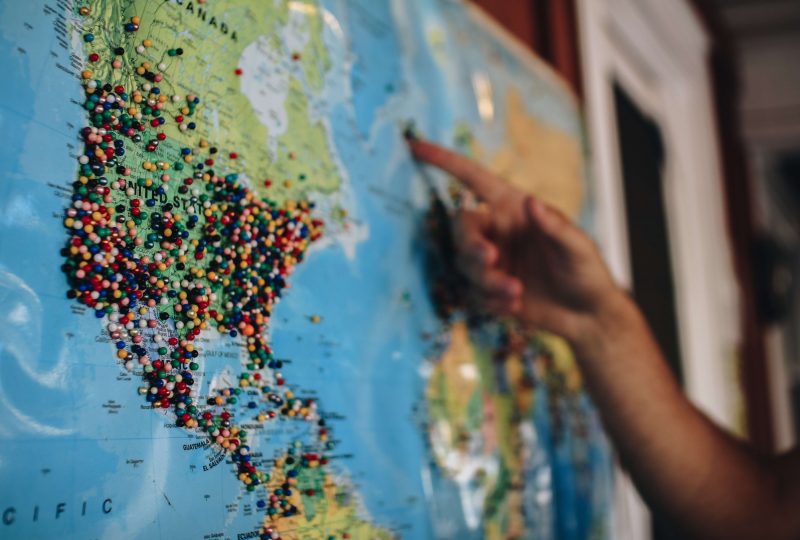Here are the winners of the Hello Tomorrow regional finals
19 December 2018 | Written by La redazione
To boost deeptech ecosystems all over the world, Hello Tomorrow organized local finals that will happen ahead of the Global Summit. Here are the winners.

We finally have the names of the winners of the four Hello Tomorrow regional competitions: to reach and support deep tech ecosystems all over the world, in fact, in the last few weeks Hello Tomorrow organized challenges in Japan, Southeast Asia, Turkey, and Africa.
Hello Tomorrow supports the most promising early-stage deep tech projects and startups, building connections and collaborations between entrepreneurs, industry leaders and investor, thanks to a grassroots deep tech innovation network worldwide: the aim is to bring innovation from laboratories directly to the market.
Each year, the organization proposes the Hello Tomorrow Global Summit, one of the biggest science and technology startup competition in the world, that will be held in Paris on March 14th and 15th 2019.
Here the winners of the regional competition:
Japan Winner: Aster
Masonry houses are made of bricks, blocks and stones. These constructions usually don’t withstand an eartquake. Hence, inhabitants of such houses in earthquake prone regions are at serious risk. Aster has developed a reinforcing paint that can be applied after the initial construction of the house. Its paint stabilizes the construction and reduces the threat of a full collapse upon seismic impact.
Souteast Asia Winner: Lifespans Technology
Elderly patients experience much higher rates of complication than young adults after surgical repair of hip, shoulder, and spine fractures. Based on a pair of proprietary stress-distributing technologies Lifespans produces bone repair implants for elderly patients that are safer and more effective at setting fractures and alleviating pain.
NanoMatTR aims at reducing the amount of hazardous pesticides which is commonly used in vast amounts. NanoMatTR developed a controlled release system for pesticides. The commercial pesticide is loaded onto nantubes which are then incorporated into transparent plastic films which are used to cover the plants (e.g. low tunnel greenhouse). In that way, pesticides do not accumulate on crop products nor in the surrounding environment.
RxAll enables anyone to test the quality of their drugs using a proprietary, handheld IoT nanoscanner and a mobile app. Their proprietary machine learning algorithm reads the scan from the IoT nanoscanner, identifies the drug and assesses its level of quality (e.g. degradation of ingredients, inpurities etc). It records the test result and returns the quality report to the mobile app in under 20 seconds.





